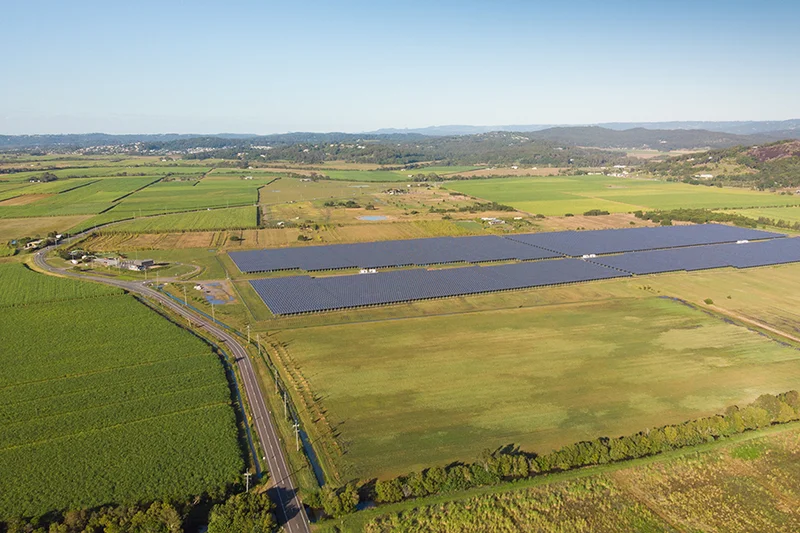Towards net zero: Council accelerates action on climate emergency

A low carbon culture where climate action and sustainability become ‘business as usual’ will progress Sunshine Coast Council’s vision to be Australia’s most sustainable region.
The council’s Zero-Net Emissions Plan will continue the organisation’s leadership and commitment to contribute locally to the global emissions reduction challenge.
The plan provides a framework to implement emission reduction under six focus areas: waste, electricity, transport, supply chain, building and infrastructure and governance and culture change.
The key focus areas are based on the major emission sources that currently contribute to council’s organisational greenhouse gas footprint.
Sunshine Coast Council Mayor Mark Jamieson said for more than a decade, council had consistently taken a proactive, evidence-based approach to developing and implementing strong climate change policy.
“In line with our Environment and Liveability Strategy 2017, one of council’s Transformational Actions is to be a net-zero emissions organisation and low-carbon community by 2041,” Mayor Jamieson said.
“The Organisational Zero-Net Emissions Plan provides council with a strong platform for action to proactively respond to our 2041 emissions reduction target in a strategic, integrated and coordinated way.
“Council has been measuring and reporting its greenhouse gas emissions via the annual Organisational Environmental Sustainability Benchmark Report since 2015, and this new plan will measure, monitor, analyse and report on our actions in a more focused and integrated way.”
Sunshine Coast Council Environment and Liveability Portfolio Councillor Maria Suarez said while the plan addressed emissions reduction at an organisational level, council realised emissions reduction wasn’t solely a council issue, rather a shared responsibility by the wider community.
“As part of our response to climate change, council is committed to providing leadership and support to equip both our staff and community to reduce their emissions and increase their adaptive capacity and resilience,” Cr Suarez said.
“Just last month, the Sunshine Coast experienced a truly historic moment as it received official international recognition as a UNESCO Biosphere Reserve.
“The designation supports our commitment to remain future focused, which includes our climate action and response to emissions reduction.
“Meeting our 2041 zero-net emissions target requires a focused and collaborative effort and we now have a clear and credible pathway to prioritise action.
“It is important to recognise that these actions are only the beginning, and more emissions abatement measures will be developed as we implement the plan over time.”
As part of council’s 2022-23 budget, a range of emissions reduction activities have been identified for implementation, with key investments and activities including:
- $400,000 towards existing and/or installation of new solar rooftops at high energy use sites, with additional investments proposed over 2023/24 – 2026/27;
- Starting the upgrade of more than 4000 streetlights to high efficiency LEDs; and
- Starting the collection and processing of garden waste, following the roll-out of an expanded garden organics service to residents – the first step in a Food Organics, Garden Organics (FOGO) collection service planned for 2025.
The Organisational Zero-Net Emissions Plan was endorsed at today’s (July 28). Ordinary Meeting. To learn more about council’s climate change actions visit: sunshinecoast.qld.gov.au.